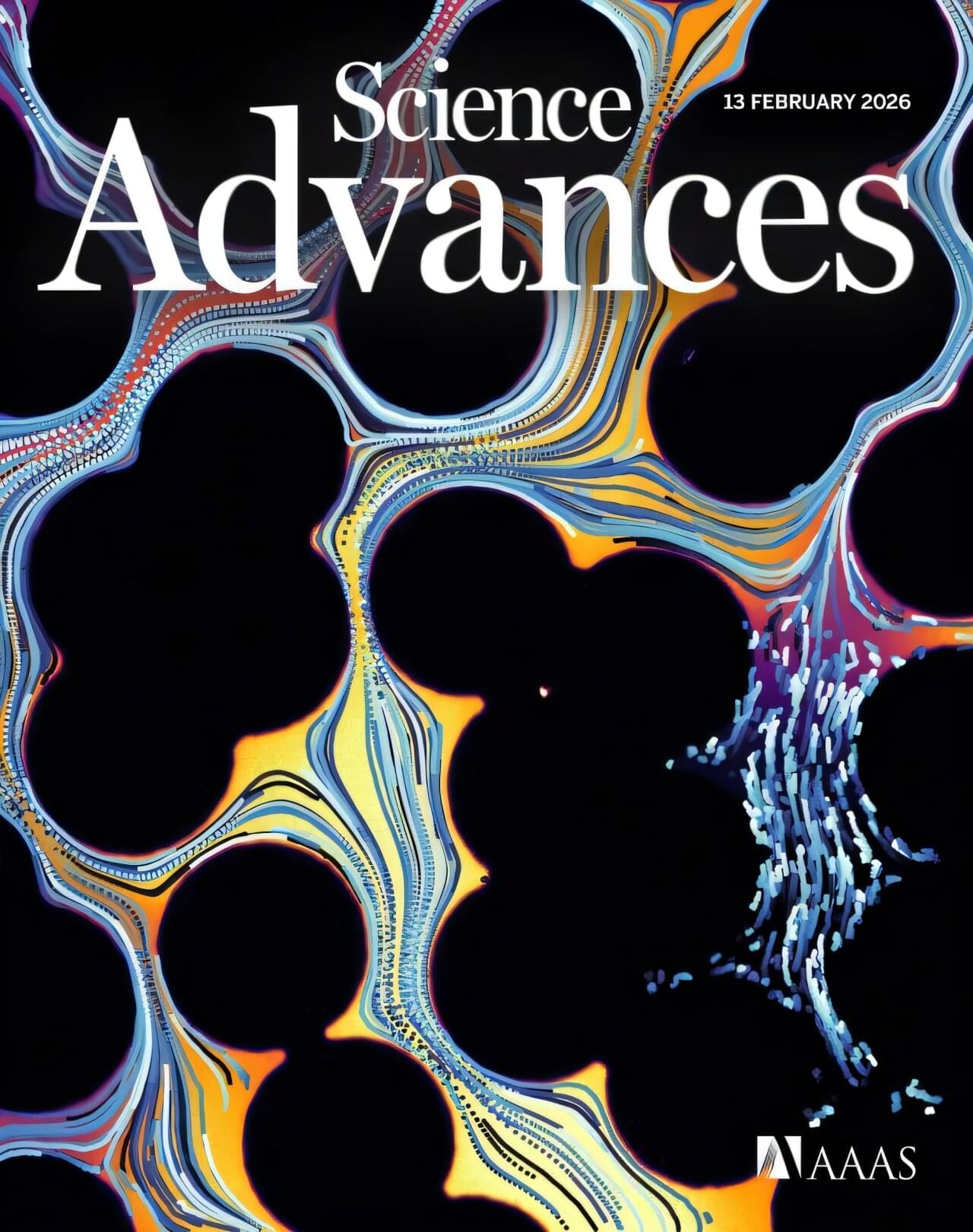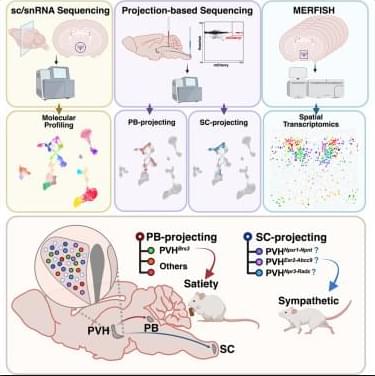More than a century ago, Pavlov trained his dog to associate the sound of a bell with food. Ever since, scientists have assumed the dog learned this through repetition. The more times the dog heard the bell and then got fed, the better it learned that the sound meant food would soon follow.
Now, scientists at UC San Francisco are upending this 100-year-old assumption about associative learning. The new theory asserts that it depends less on how many times something happens and more on how much time passes between rewards.
“It turns out that the time between these cue-reward pairings helps the brain determine how much to learn from that experience,” said Vijay Mohan K. Namboobidiri, Ph.D., an associate professor of Neurology and senior author of the study, published in Nature Neuroscience.









